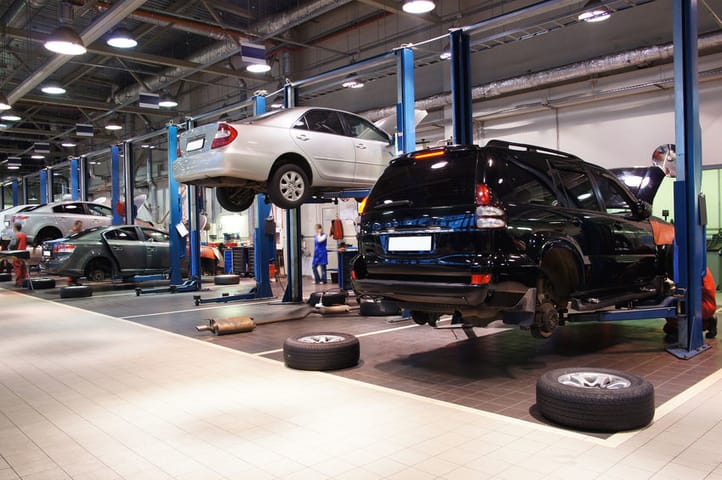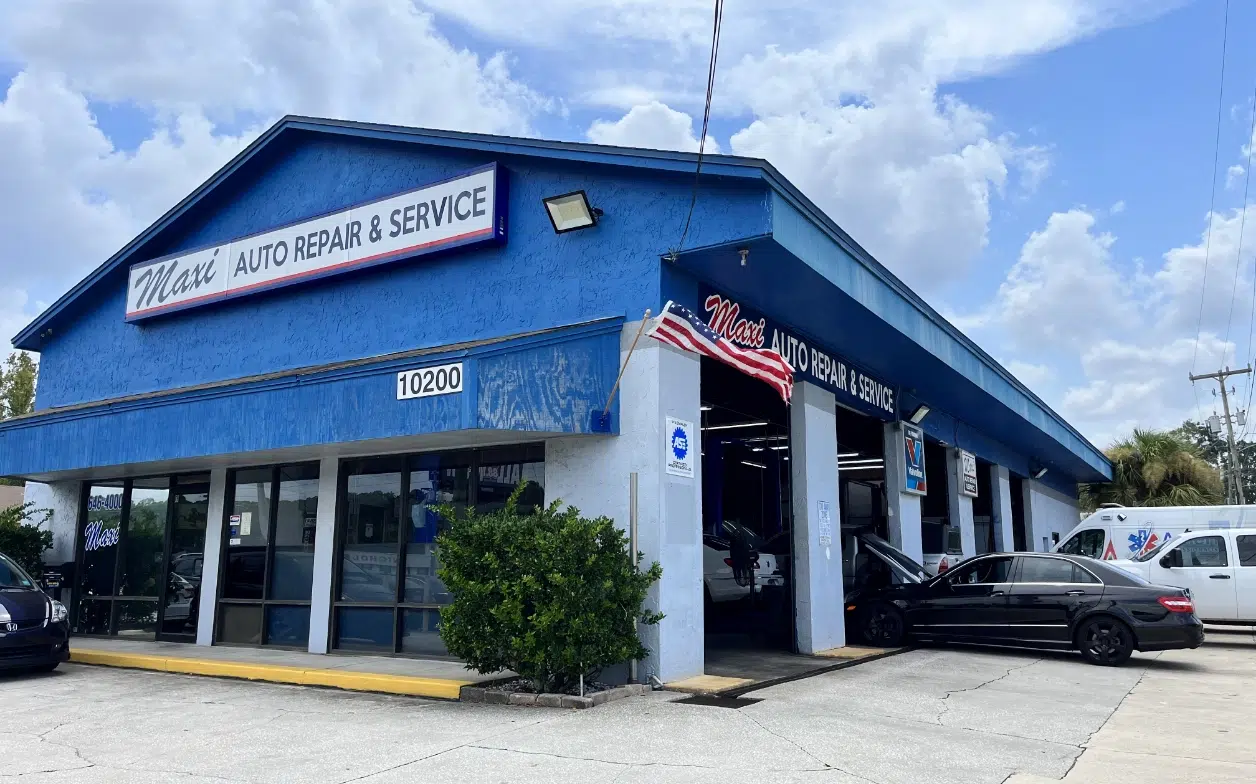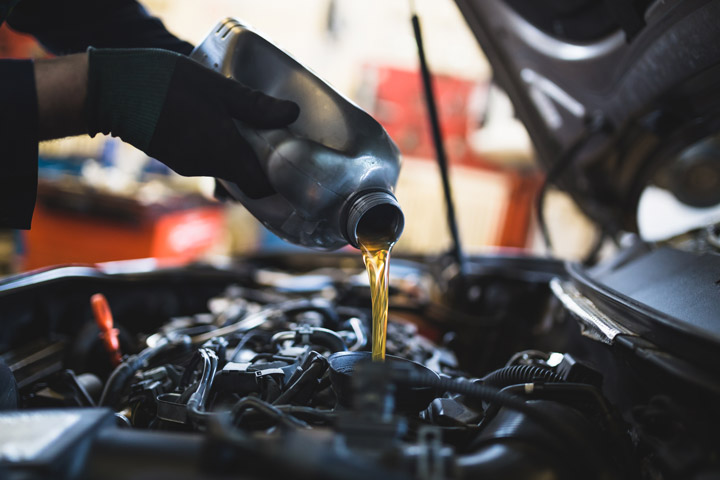All Categories
Featured

[/image]
A well-maintained engine is the essential to your car's longevity and optimal performance. Normal engine tune-ups not only enhance gas efficiency however likewise reduce the chance of unanticipated break downs. Whether you're an auto enthusiast or a person that merely intends to stay clear of pricey repair work, these engine tune-up suggestions will maintain your car running like a dream.

- Change the Flicker Plugs. The ignition system fire up the air-fuel combination in your engine, and their performance directly impacts engine efficiency. Gradually, stimulate plugs can wear, leading to misfires, reduced fuel economic situation, and slow-moving acceleration.
Throughout a tune-up, evaluate and replace ignition system if they reveal signs of wear, such as soot buildup, rust, or splits. Relying on your vehicle, ignition system might need to be replaced every 30,000 to 100,000 miles.
- Evaluate the Ignition System. Your vehicle's ignition system, which includes the ignition coils, supplier, and cables (if appropriate), is accountable for providing the stimulate that powers your engine. Malfunctioning ignition elements can trigger beginning problems and harsh engine procedure.
Inspect for damaged or used components and replace them throughout your tune-up. Making sure a healthy and balanced ignition system will certainly enhance engine integrity and efficiency.
- Clean or Change the Air Filter. A tidy air filter enables your engine to "breathe" properly by making sure a steady flow of tidy air. In time, dust and debris can obstruct the filter, lowering air movement and impacting fuel efficiency.
Examine the air filter throughout a tune-up and change it if it's unclean. For motorists in messy or contaminated locations, air filters may require to be changed more regularly.
- Evaluate and Clean the Fuel System. The fuel system, consisting of the fuel injectors, gas pump, and fuel lines, can collect down payments gradually, decreasing gas shipment and engine performance. Make use of a gas injector cleaner or have your system properly cleaned during a tune-up to restore appropriate capability.
Consistently preserving your gas system guarantees better combustion and optimizes your engine's efficiency.

- Modification the Engine Oil and Oil Filter. Engine oil is important for lubrication, cooling, and reducing friction in between relocating parts. In time, oil degrades and accumulates debris, shedding its efficiency.
During a tune-up, replace the engine oil and oil filter. Adhering to the producer's recommendations for oil kind and modification intervals is vital to keeping your engine in ideal condition.
- Examine the Belts and Hose pipes. The belts and tubes in your engine area play vital functions in powering parts like the generator, water pump, and cooling system. Damage in time can bring about splits, fraying, or leakages.
Inspect the problem of belts and pipes throughout your tune-up and replace any that show indicators of damage. Proactively dealing with these problems can protect against expensive repair services and unforeseen failures.
- Evaluate the Battery and Electric System. A weak or failing battery can leave you stranded. Throughout your tune-up, examination the battery's voltage, inspect the terminals for corrosion, and guarantee the links are limited.
Additionally, have the alternator and starter checked to ensure they're working correctly. Resolving electric system concerns early can save you from troublesome surprises.
- Check the Air Conditioning System. The air conditioning system avoids your engine from overheating, which can create serious damages. Throughout a tune-up, check the radiator, tubes, and water pump for leaks or put on.
Flush and change the coolant if it's filthy or has actually surpassed its preferred life span. Correct air conditioning system maintenance assists your engine operate within its ideal temperature variety.
- Address Dashboard Caution Lights. Modern vehicles are outfitted with sophisticated analysis systems that brighten warning lights when concerns emerge. If your control panel shows any kind of warning lights, such as the check engine light, address them during the tune-up.
A professional technician can use analysis tools to identify and repair the trouble, avoiding small problems from rising.
- Keep Your Engine Clean. A clean engine runs cooler and is simpler to evaluate for possible issues. Eliminate dirt, oil, and gunk from your engine bay during a tune-up. Make use of a degreaser and a mild brush for cleansing, and avoid splashing water straight on electric components.
Final Thought: Tune-Ups Are the Key to Engine Durability. Normal engine tune-ups are a financial investment in your automobile's health and wellness, efficiency, and efficiency. Whether you're tackling the tune-up on your own or taking your cars and truck to a trusted mechanic, adhering to these ideas will maintain your engine running at its best and help you avoid unforeseen repairs.
Latest Posts
Explore Exclusive Auto Repair Offers in Chicago at Montclare Auto Repair
Discover Save Big on Car Maintenance with Montclare Auto Repair’s Limited-Time Deals
How to Know When Your Car Needs Expert Vehicle Service at Montclare Auto Repair
More
Latest Posts
Explore Exclusive Auto Repair Offers in Chicago at Montclare Auto Repair
Discover Save Big on Car Maintenance with Montclare Auto Repair’s Limited-Time Deals
How to Know When Your Car Needs Expert Vehicle Service at Montclare Auto Repair